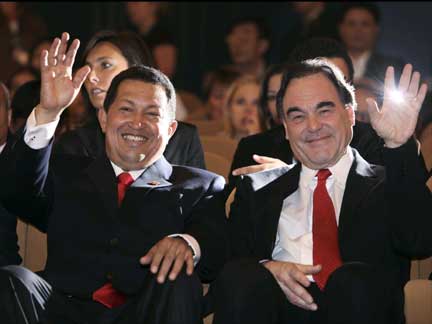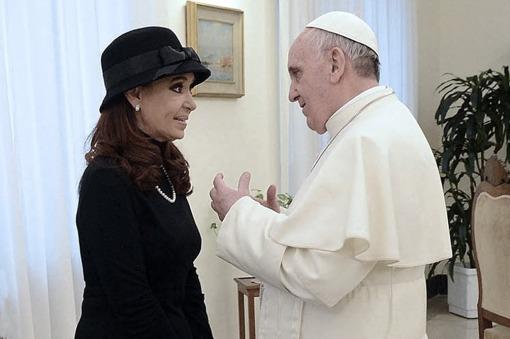
The Oliver Stone’s film “Hugo, mi amigo” , which tells the story of former Venezuelan President Hugo Chavez, will debut next March 5, in simultaneously airing by Telesur, Caracas, and the TV Publica of Buenos Aires. The launch takes place on the first anniversary of the death of Chavez.
The 51 minutes long film includes testimonies of relatives and friends of the “comandante” about his life and his role in Latin America. The film comes to television a few days later that the streets of Caracas were shaken by a massive wave of demonstrations against the govern of Nicolás Maduro, friend and successor to Chavez, that already caused the death of 17 Venezuelans and left 261 others injured since the beginning of clashes between pro-government and opposition, last Feb. 12.
But the president of Venezuela will need more than the friendship of the American filmmaker to pacify an increasingly divided country not only by ideological differences, but by a growing hatred between the two parts of society, the richest and poorest , a phenomenon that also deepens in other Latin American countries that have experienced some social mobility of those who had not many opportunities and found some hope in governments labeled as “populists”.
No wonder that the Chancellor of Venezuela, Elias Jaua, took some days to make your schedule a tour through Argentina, Brazil, Paraguau, Uruguay and Bolivia in search of political support, something that had already been expressed jointly in a statement of Mercosul, but to Caracas, need to become more explicit.
No wonder that the Chancellor of Venezuela, Elias Jaua, took some days to make a tour through Argentina, Brazil, Paraguay, Uruguay and Bolivia in search of political support, something that had already been expressed jointly in a statement of Mercosul. But Caracas has a need to it become more explicit, especially from Brazil, whose statements regarding Venezuela have been considered timid, both for those expecting a more effusive support of Dilma Rousseff toward Maduro, as critics of mandatory Brazilian and such “populist governments”, which require a conviction on the part of Brazil to repressions against anti-Chavista demonstrators.
In a meeting with his Brazilian counterpart, Luiz Alberto Figueiredo, this Friday, 28, Jaua rallied support for the holding of a special meeting of the Union of South American Nations (UNASUR) to discuss the crisis in his country. But it will be difficult to get from Rousseff more than the statement made two weeks after the start of the conflict: “We believe, always, in any situation, is much better dialogue, consensus, democratic work than any other type of institutional breakdown ”
Unlike its predecessor Lula , Rousseff not exactly stands out for her role in the diplomatic field and hardly will launch its government in attempts to mediate between government and opposition in Venezuela , the way that Uruguay , Colombia and the United States have been willing to do.
With the whole continent , in general, observing what happens in Venezuela Maduro one year after the death of Chavez, Brazil and Argentina have in fact increased interest in the outcome of the Venezuelan situation , even as they face within their territories similar clashes between an impoverished part of the population that supports the government that brings them some social assistance , and a high-middle and middle class that sees abandoned by the government and complaining about insecurity , corruption and the rising cost of living .
From Buenos Aires, Cristina Kirchner faces the “panelazos” in the streets of the Argentine capital at the same time that her government makes effusive statements of support for partner that Venezuela under Chavez and the height of oil prices, was the first country to extend the hand then to Argentina in crisis with the IMF.
From Brasilia, Rousseff, who last year had its popularity severely affected by gigantic street demonstrations, does not seem very willing to go beyond a discrete institutional support.
In this sense, the offer made by the U.S. president, Barack Obama, to mediate the crisis in Venezuela, and the launch of the Oliver Stone film are ways to remember that without Chavez and Lula out of power in Latin America, which made a certain global leadership over the past two decades, runs the risk of returning to have a supporting role even in solving their own problems.






